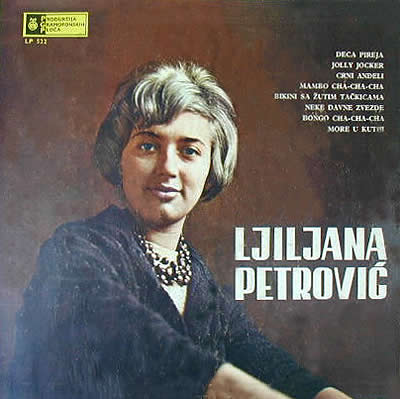DRAGO MI JE DA MOGU DA VAM PREDSTAVIM JOŠ JEDNU EKSTREMNU RETKOST SA OVIH PROSTORA A TO JE ŽIVI SNIMAK JEDNOG OD FESTIVALA JUGOSLAVIJE IZ 1985. GODINE - ZAGREB FESTA.
ČUĆETE ODLIČAN SNIMAK SA RADIJA, NARAVNO SAMO DEO, TEK DA SE PODSETIMO KAKO JE TO NEKAD IZGLEDALO.
A izgledalo je izvanredno. Ovakvi snimci trebalo bi da su deo naše jugoslovenske baštine, deo jedne kulture jedne države koja je postojala sad već davno u prošlosti.
ZAGREB FEST 1985
| The Zagreb Festival of Popular Music, or widely known as Zagreb-fest, which became its official name in 1984, is the oldest cultural event of such type in this part of the world. The festival is thus a ground-breaking event in the promotion and popularization of popular music in this region. The Zagreb Festival is only three years younger than the San Remo Music Festival (Il Festival della Canzone Italiana), the oldest festival of popular music in the world, and two years older than the first Eurovision Song Contest. Ignored by the media at its very beginning, the first Zagreb Festival was held under the title 'Vote for the Best Dance Songs in 1953' and began to be broadcast on television and radio in the late 1950s. Despite this initial situation, the first editions of Zagreb-fest boosted the activities in Croatian popular music, thus having encouraged the composers to write popular songs based on the poetry of Croatian authors, which resulted in a series of similar musical events around the country. Although it began and established its position as a festival of composers, its growing popularity turned a spotlight on the true protagonists of Zagreb-fest – singers and ensembles, who captured the attention of the media and audience. The 1960s are considered to be the golden age of Zagreb-fest since each festival edition turned into a media highlight of the season. Over the years Zagreb-fest launched numerous smash hits frequently played on the music programmes of various radio stations as well as in dancing halls, discos and hotel lounges. This success is further supported by the information that around twenty foreign music professionals voted Zagreb '63 the European Music Festival of the Year, while its organization team received the Oscar Mondial for the organization of the best musical event in 1963. Despite occasional crises and oscillations regarding its role and position in the promotion of popular music, Zagreb-fest has continued to exist for the past fifty years. Indeed, certain changes happened in terms of its image, festival dates, categories, form, duration and venues, but its winding, fifty-year path has been closely followed by several generations of composers, conductors, arrangers and interpreters as well as reporters, television hosts and radio commentators. Having nurtured eminently popular music of the chanson provenance, that is the music production intended for wider audiences, Zagreb-fest soon opened up to the vocal and instrumental ensembles, which were considered quite ahead of their time and termed, quite often pejoratively, electric bands. At the same time, Zagreb-fest was flirting with slightly more serious light orchestral forms and stage music just to inaugurate the form of the so-called authored song, or chanson, in the early sixties, which reached its peak exactly at the intimately set stages of Zagreb-fest in the 1960s and 1970s. Nenad Marjanović-Zulim, from the Foreword to the book Fifty Golden Years: 50th Anniversary of Zagreb-fest by Nenad Marjanović-Zulim, published by the Croatian Composers' Society and Cantus in Zagreb in 2003. Translated by Vlasta Jelašić Kerec |














No comments:
Post a Comment